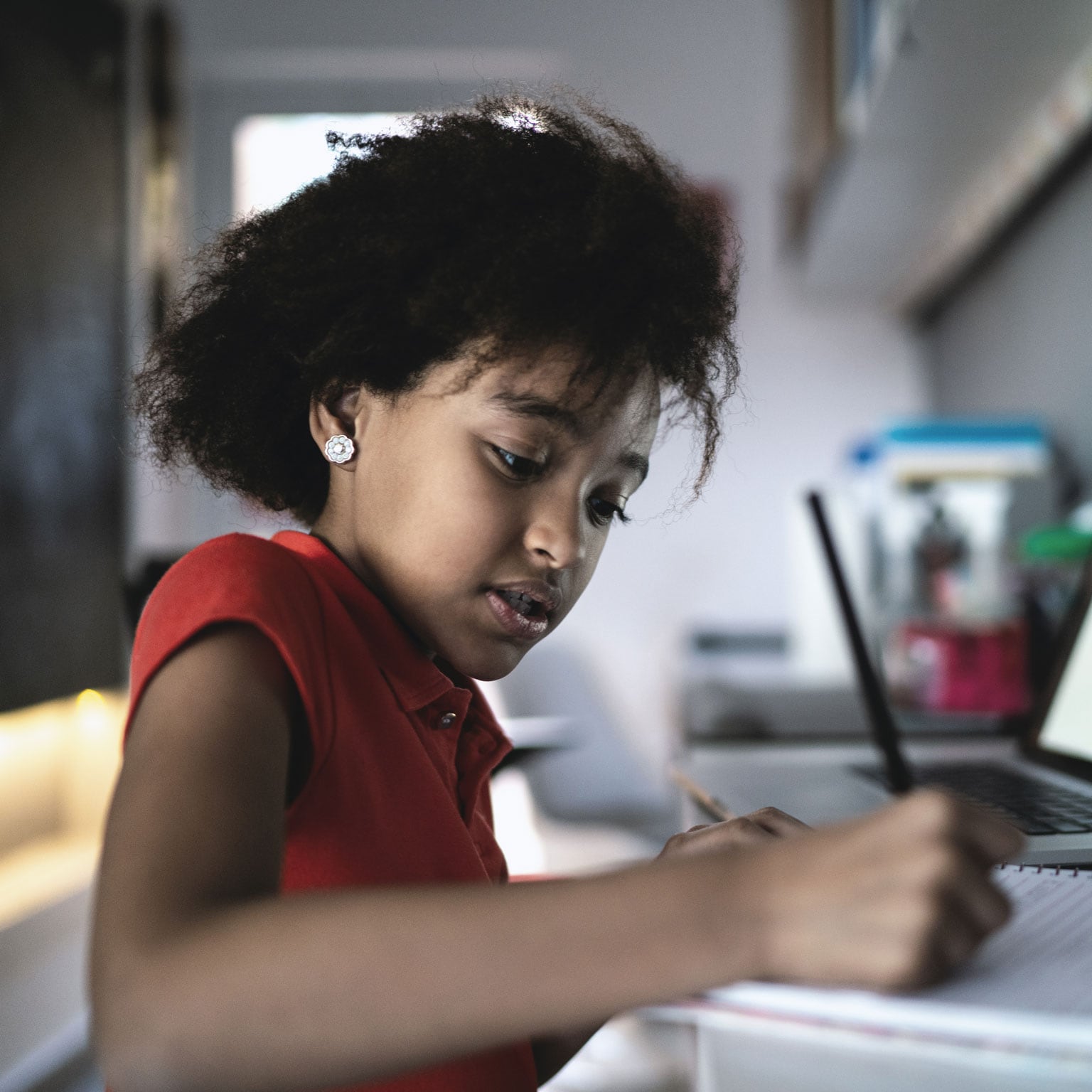Developing a post-Covid-19 education system that is inclusive of left-out children

Developing a post-Covid-19 education system that is inclusive of left-out children
India has been collaborating with other nations to stop the covid-19 from spreading across states for more than two years.
One of the biggest effects of the pandemic has been on education, with many students switching to online learning, some students quitting school because they don’t have access to the internet or other forms of technology, and others losing their parental support system, which makes it difficult for them to continue with their formal education.
The global pandemic has presented a new challenge to the Indian education sector, which was already addressing several issues like lack of infrastructure, gender inequality, and access to the internet and digital technology. The challenge is how to prioritize re-integrating children into the formal education system in a post-Covid world.
Examining the current circumstances

The epidemic may prevent 24 million children from 180 different countries from returning to school, according to early UNESCO forecasts. A total of 286 million students in pre-primary through secondary education were affected by the epidemic in India, where more than 1.5 million institutions were forced to close. This brings the total number of children not in school since the start of COVID-19 to 6 million boys and girls.
According to UNICEF, since the epidemic began, schools throughout the world have wasted an estimated 1.8 trillion hours (and counting) of face-to-face instruction. Unfortunately, this has made things harder for girls. According to studies, girls are more affected by disruptions in their schooling and are least likely to return to school following the epidemic. In addition to the over 130 million girls who weren’t in school before, the Malala Fund projects that an additional 20 million girls may stop attending school as a result of the epidemic.
An extra 10 million girls now face a 10-year risk of underage marriage due to the epidemic. And since the epidemic started, rates of gender-based violence have also considerably increased. Thankfully, Rotary has a track record of solving the most difficult problems facing the globe.
The demands that lay ahead are being addressed by members, some of whom have years of expertise in education. For instance, the Asha Kiran Program, run by Rotary India Literacy Mission (RILM) and Child Rights and You (CRY), aims to re-enrol lagging, out-of-school, and dropout children in school. In the difficult region of Baramulla in Jammu and Kashmir, the initiative is projected to help 2,100 kids by providing out-of-school youngsters with bridging education and mainstreaming them back into schools.
In the same vein, the Rotary Club of Dalton Ganj in Jharkhand offers free education up to the 12th grade to kids whose parents died in the Covid-19 pandemic. By supplying e-learning materials for classes 1 through 12, Rotary is assisting the Indian government. These materials will be made available on the Diksha government mobile app as well as 12 national television channels of NCERT.
As we go into the recovery phase, our objective should be to enrol out-of-school females in the official education system as well as to bring back the girls who were enrolled in school in the past.
How can we get parents and communities involved in promoting the importance of educating their daughters and supporting them in doing so?
Building a gender-responsive education system

Rotary is focusing particularly on “Empowering Girls” in India and throughout the world by sponsoring programs that ensure girls’ education and health and provide them with skills for better chances. This is done to assist in further addressing these troubling tendencies. Our objectives are to enhance adult literacy, decrease gender inequality, and strengthen the community’s ability to promote basic education and literacy.
In that vein, educating and empowering girls is a workable approach. Local groups that provide free adult literacy programs and professional development for teachers focused on reading and writing are supported by Rotary. The TEACH initiative, an effective partnership between clubs and state governments in India, has shown how to scale up literacy programs to reach millions of children. Additionally, the program’s e-learning component was shown on national television during a period when schools were closed across India because of the Covid-19 outbreak, reaching more than 100 million kids.
I’ve personally witnessed the challenges that girls in India face, including obstacles to education, early marriage, and other concerns, and I want to bring together our 1.4 million members to continue addressing these issues globally. We are aware that when girls are encouraged and supported beginning at a young age, they can influence the world as empowered girls today, as well as tomorrow’s employees, mothers, entrepreneurs, and other role models.
Girls’ rights are upheld now, and a more just and affluent future is assured by investing in them. one in which the other half of humanity participates equally in finding solutions to the issues of global sustainability, political strife, economic development, and climate change.

Rotary appreciates the leadership of the UN, and much as we have long worked to safeguard children by collaborating with UNICEF, the WHO, and other partners in the Global Polio Eradication Initiative, we are certain that by working together, we can make a lasting, good difference. We are dedicated to working together to raise the status of girls everywhere.
edited and proofread by nikita sharma




